New Jersey workers’ compensation laws provide a way for injured workers to receive compensation for their on-the-job injuries.
Although the basic framework of the workers’ compensation system can seem straightforward, it can quickly become complicated in instances where a worker is injured while performing work as a lent or dual employee.
A lent or dual employee is a worker who has a regular employer but also has one or more other employers for which he works under an agreement between the second employer and the regular employer. In these cases, the second employer is often considered a “special” employer. Even if an employee is working for a special employer, New Jersey workers’ compensation laws will still likely cover on-the-job injuries. Volb v. G.E. Capital Corporation, 139 N.J. 110 (1995). Which company is responsible, however, can be more complicated. This determination may depend on the level of control the special employer had over the employee and the type of task the employee was performing at the time of injury. Regardless of which company’s work was involved in the injury, however, workers’ compensation laws apply.
Although a lent or dual employee is usually entitled to workers’ compensation benefits, other legal issues can affect the outcome of a case in instances where this type of employee has been injured while working. In some cases, both the regular employer and the special employer can be held liable for injuries suffered. Because of the legal complexities of these types of workers’ compensation cases, it is important that if you are injured while performing work as a lent or dual employee, you contact an experienced workers’ compensation and employment lawyer as soon as possible. With the help of an experienced attorney, you will better understand your rights and be able to effectively fight for the benefits you deserve.


